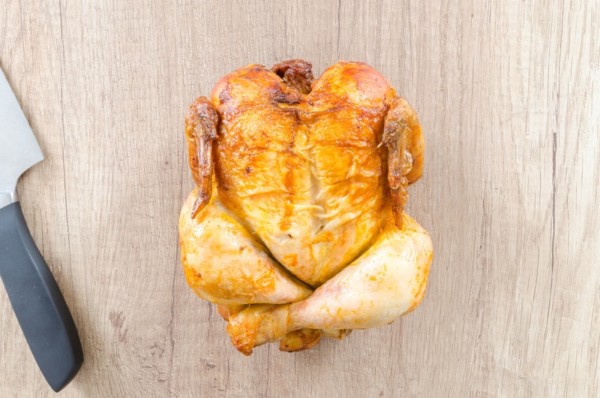
Food production and public health [commentary]
On 13th October 2017, The Guardian published this article “Read this and you may never eat chicken again”
This article is a really powerful insight into some of the covert systems that are contained within our day-to-day activities. It is alarming to consider that food production, one of our fundamental social necessities, could be causing potentially one of the most challenging public health dilemmas of our modern times.
After reading it, I wondered how many people would be aware of these associations – that the basic foods they purchase might be jeopardising some of the most critical defences against disease, upon which our modern health status and life expectancy stands upon. We talk regularly about the deluge of non-communicable and chronic diseases facing humanity. The proliferation of antibiotic-resistant organisms is also a very real and concerning phenomenon. The scale and method of our modern food production, including agricultured animals, parallels in magnitude and treat, many other industrial processes such as energy, transport and manufacturing, with its impact upon human and planetary health.
The scale upon which we source, create and distribute industrial products is larger than it has ever been. Yet our exposure and capability to access information, detail and minutiae around such, is also more possible than ever. Information can be overwhelming yet also emancipating. Fields of knowledge and practice are more integrated now than in the past. It is hard to find the balance between big picture and intricate detail and know where to direct our energies. There is value in appreciating both ends of the spectrum. For all kinds of reasons, many people in our society don’t have the capacity to access this scope, let alone implement behavioural changes that might be aligned promoted by such awareness. As a health practitioner, it is no longer adequate to solely understand and be aware of our independent field of expertise. To maintain and promote health, we should also be considering and advocating around social systems that lie outside our primary professional domain.



